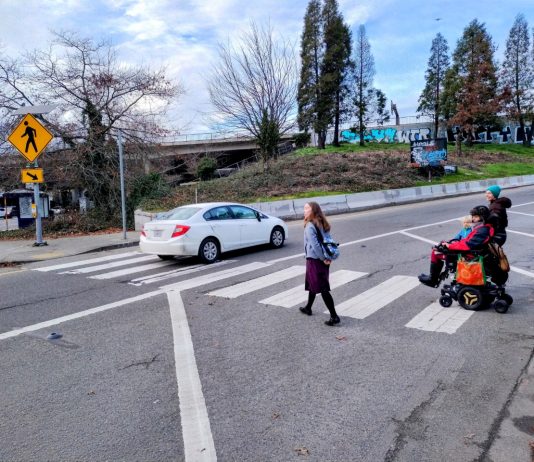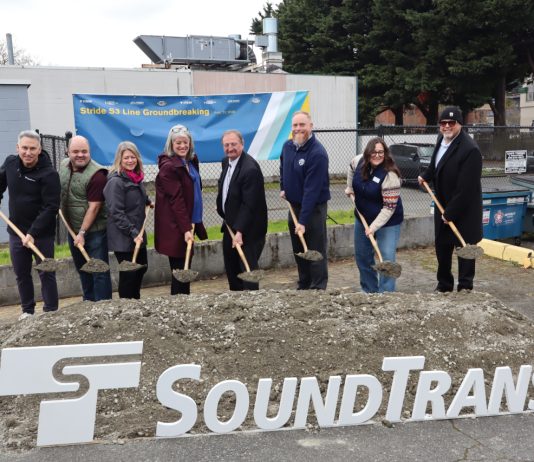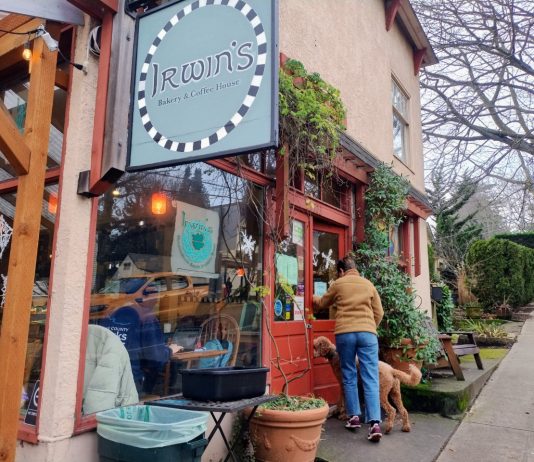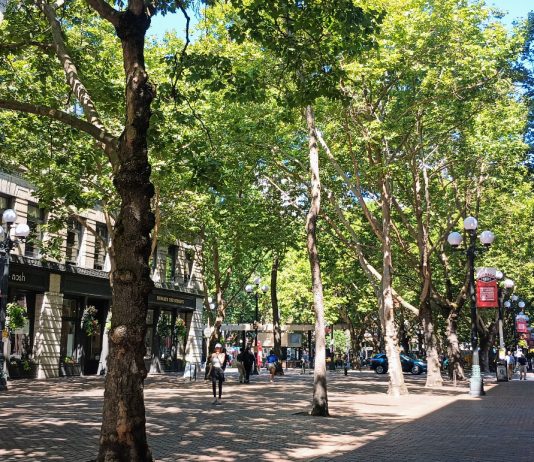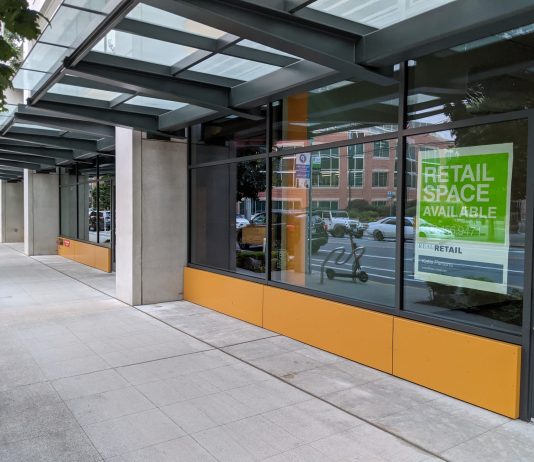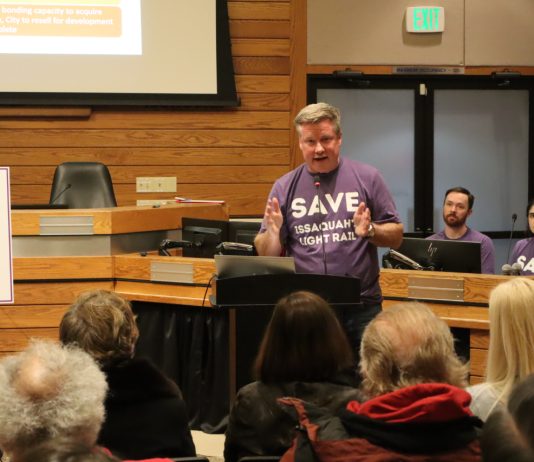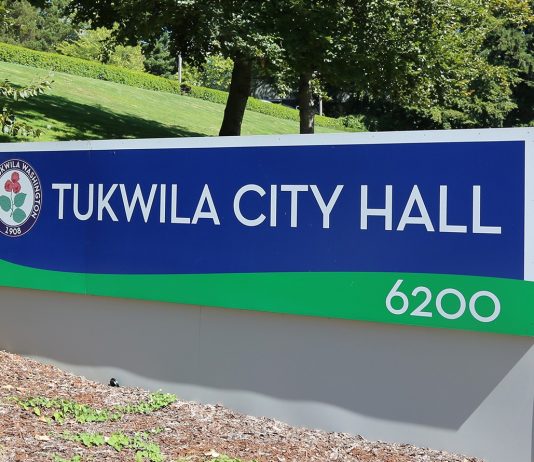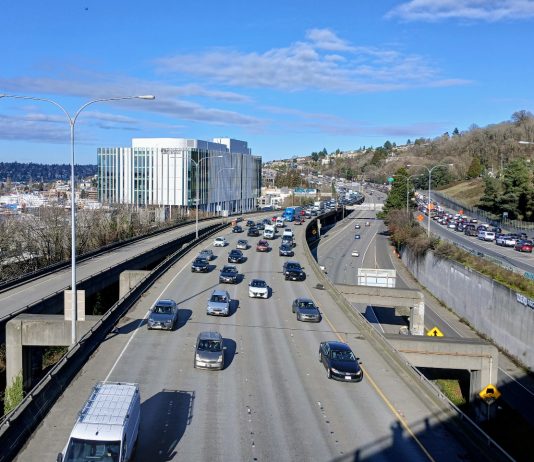Ryan Packer
685 POSTS
0 COMMENTS
Ryan Packer has been writing for The Urbanist since 2015, and currently reports full-time as Contributing Editor. Their beats are transportation, land use, public space, traffic safety, and obscure community meetings. Packer has also reported for other regional outlets including BikePortland, Seattle Met, and PubliCola. They live in the Capitol Hill neighborhood of Seattle.
WSDOT's concept would remove the northbound ramp from I-90 onto Rainier Avenue and improve safety at the other freeway ramps. A clear step in the right direction, the unfunded plan is not as bold as some transportation advocates would like to see near such an important light rail station.
When it opens in 2028, the S3 rapid bus line will provide riders across Bothell, Kenmore, Lake Forest Park, and Shoreline with a more frequent, reliable transit option and extend the reach of Sound Transit's light rail network.
The failure of HB 1175 to make it to the state Senate floor mirrors a similar fate two years ago. Bill sponsor Mark Klicker placed the decision to let the neighborhood cafe bill die squarely on Local Government Committee Chair Jesse Salomon.
The proposed state House operating budget would zero out the Washington State Urban and Community Forestry program, which cities across the state rely on to leverage federal dollars for trees. The effects of those cuts could be wide-reaching.
After concerns were raised by city officials around removing flexibility to create vibrant and walkable neighborhoods, the version approved by the House local government committee sets a 40% cap on mixed-use zones where ground-floor retail spaces can be required.
The crowded community meeting was the first step in an advocacy campaign intended to persuade members of the Sound Transit board about the value of continuing light rail expansion on the Eastside. Issaquah city leaders are bringing ideas to the table they say could cut costs.
The unanimous vote follows a similar moratorium in SeaTac, with Burien, Renton, and Seattle expected to follow suit. As an epicenter of ICE activity in Puget Sound, Tukwila had unique reason to believe a detention center could be coming to their city.
The $2 billion in new bonding in the Senate's transportation budget would help bolster the state's highway and bridge maintenance spending, which has lagged due to longstanding prioritization of new highway projects. But the debt load could create problems for future budget writers.


